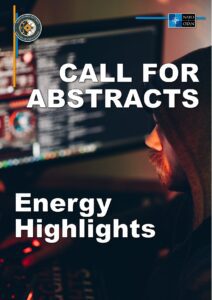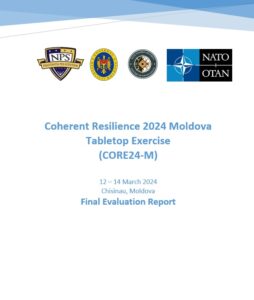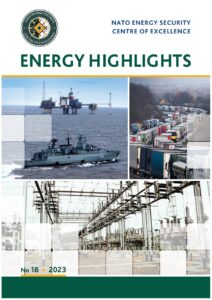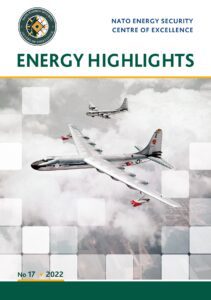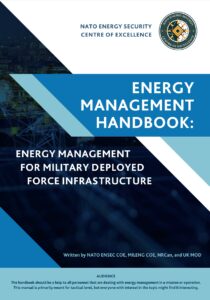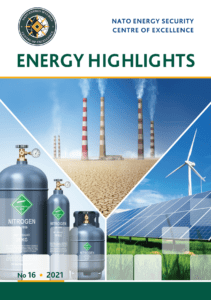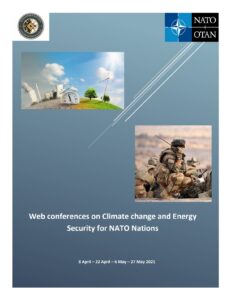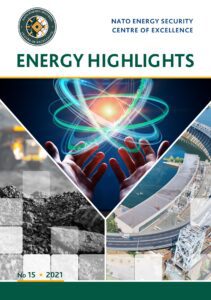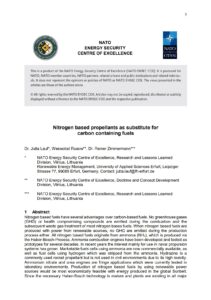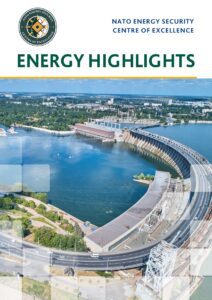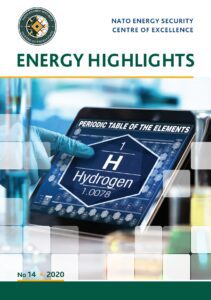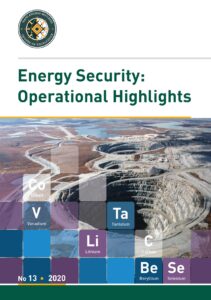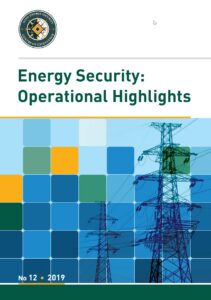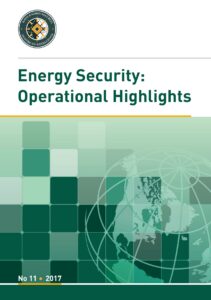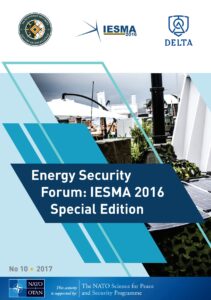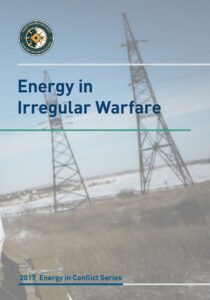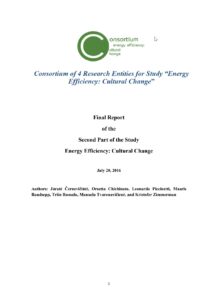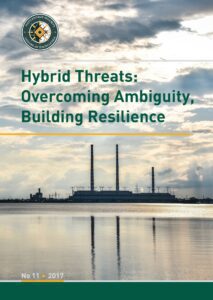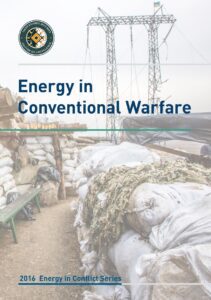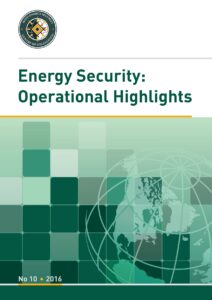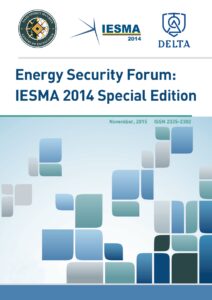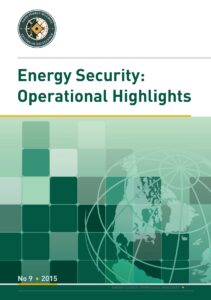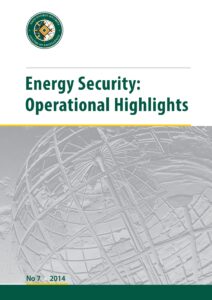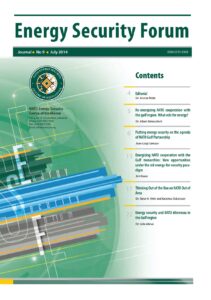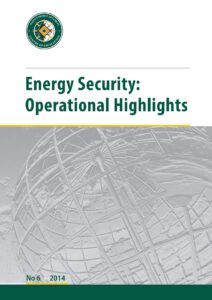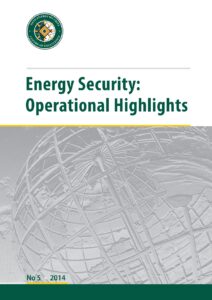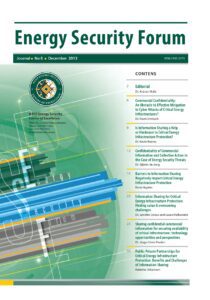
The Innovative Energy Solutions for Military Applications (IESMA), a biennial international conference and industrial exhibition, was hosted in Vilnius by the NATO Energy Security Centre of Excellence (NATO ENSEC COE) in November 2018. This event took place in the Lithuanian Exhibition and Congress Centre (LITEXPO) and was greatly supported by the NATO ENSEC COE partners, including the State Military Scientific Technical Centre “DELTA” of the Ministry of Defence of Georgia and the NATO Emerging Security Challenges Division and the NATO Science for Peace and Security Programme.
The goal of IESMA was to enable the exchange of information and experiences regarding best practices and technologies for advancing energy efficiency in the military. Experts from NATO nations, NATO partner nations and from others around the world, discussed advanced and cutting-edge technical energy developments, material and non-material aspects of energy efficiency, and their relevance for military operations. The aim of IESMA 2018 was to highlight advancements made during the previous two years since IESMA 2016, facilitate information exchange, and encourage technology transfer. This should help to accelerate the transfer and adaptation of innovative energy technologies from the civilian to the military sector for practical use in the field. This year’s IESMA focused on several aspects of energy efficiency in the military such as energy policy, camp energy management and installation improvements, operational energy efficiency in navy and air forces, etc. As a new feature, IESMA 2018 included a session focused on hybrid power generation and micro grids for dual use, using innovative energy solutions that were especially interesting for organisations that have sensor stations, observation platforms, or deployable field camps in remote locations, often in extreme climate conditions or hazardous regions.
The NATO ENSEC COE is proud to acknowledge that the event attracted more than 500 energy experts from military, academia, industry and government from NATO and NATO partner countries who exchanged knowledge and discussed lessons learned, with a focus on standard, advanced and cutting-edge energy-saving technologies. Since 2011, this event has grown in size, interest, quality, and influence.
The industrial exhibition and two industry sessions gave the companies an opportunity to display, explain and present their innovative energy solutions/technologies. These technologies varied from smart energy tents, smart lightning, smart grid control, small autonomous grids, hybrid power systems, diesel saving systems and much more. This year’s IESMA included a live demonstration of the Deployable Modular Hybrid Power Generation and Management System (H.P.G.S), organised by the NATO ENSEC COE.
During the three-day event, a common theme among the presentations was that new initiatives and innovations in the area of energy efficiency should be shared and harmonized between nations. Some of the presented national initiatives showed that militaries should start to use existing innovative energy technologies. The number of national and multinational activities, projects and innovative solutions towards this goal is rising, with the research and demonstrator projects being implemented by various nations. Therefore, much remains to be done to ensure that innovative solutions will become trusted by the military and affordable for future forces as innovative energy efficient solutions have not yet been mainstreamed in military applications. The vibrant increase of interest and undertaking of energy efficiency actions among all nations can create interoperability and compatibility problems in the Alliance, as well as duplication of efforts within NATO and partners Nations. Reducing the fuel consumption in the military is an operational imperative. Innovative energy solutions cannot only save money when less fuel is used, but can also save soldiers’ lives, and help improve mobility, as well as the resilience and endurance of military forces.
Vitalija Petronė
IESMA 2018 Project Lead
Subject Matter Expert of the Doctrine
and Concept Development Division
The U.S. Air Force’s Strategy for Optimizing Aviation Fuel Use
Dual Use Hybrid Power and Energy Systems in the High Arctic
Energy Management in the Military Expeditionary Environment
Energy policy and its impact on industry – security interests and the bottom line
